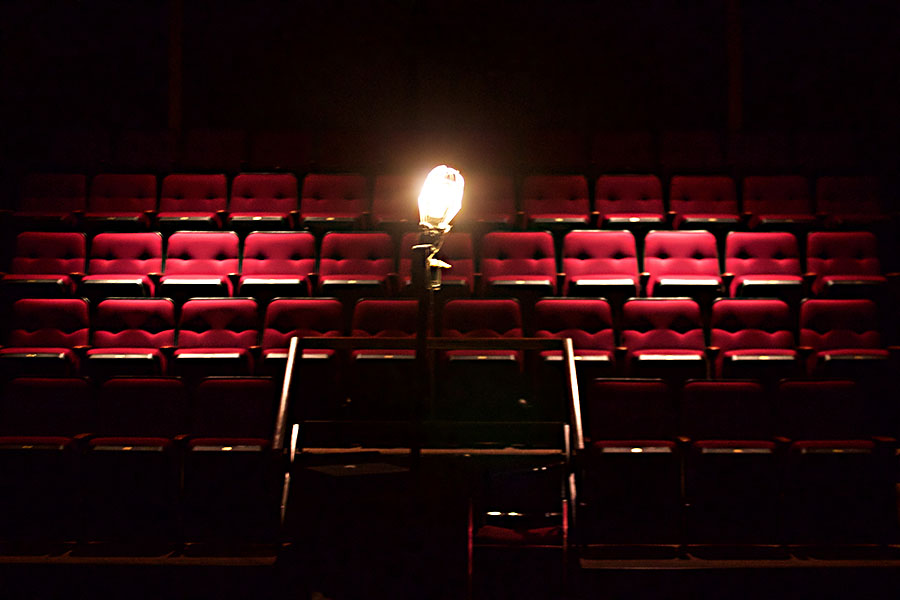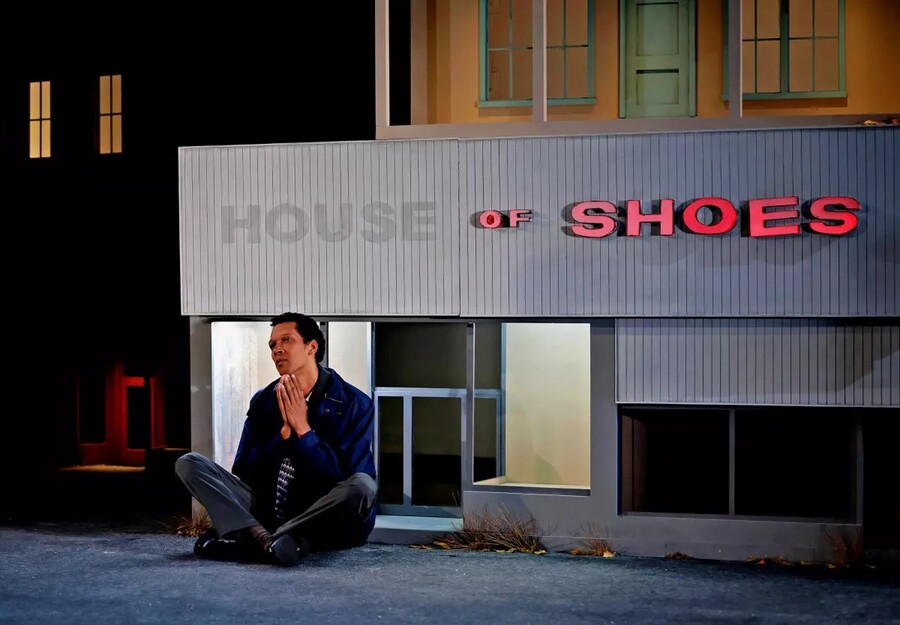Last October, I had the chance to attend the annual Freedom Awards, hosted by the National Civil Rights Museum. The 2024 honorees were civil rights attorney Sherrilyn Ifill, civil rights leader Xernona Clayton, and filmmaker Spike Lee. In all of the remarks and speeches that evening, it became even clearer to me that for every movement, there must be a countermovement. This is how we truly balance the scales of justice in the United States of America. We put pressure on systems, and practices change, then laws follow suit. It is in alignment with the order of operations of the universe: Be, do, have.
In spite of that hopeful evening, I must admit that I find myself concerned. I saw scores of people go from having “brat summers” and being “mindful and demure” to doom-spiraling after hearing the 2024 presidential election results. This concerns me, not because I am afraid that institutions won’t be able to raise millions of dollars to secure their existence. There will always be artists who perform in the public square to awaken our collective consciousness. Yes, I understand that real-life instances in Florida, Texas, and Indiana—where institutions have been financially punished for inclusive programming—may seem like warning signs. I would posit that fundraising has always been an uphill battle, especially in states with low per capita arts funding.
It is true that funds are being directed away from the arts, but there are ways through and around this. Now is the time to employ interdisciplinary and multidisciplinary programs and strategies. How can theatres and individual artists position themselves as liaisons to the public to raise awareness about climate change, gun violence, mental health, and literacy? If people are worried about inflation and the economy, how can theatres and theatre artists be a force for economic good, seen not as an expense but as an asset? After all, storytelling is our currency, and if you can pull someone’s heartstrings with a good story, make them connect to the right protagonist, you can impact their decision-making. Who is better suited to do that than thespians?
I'm concerned that we will do the fascists' work for them by dimming our own light.
Honestly, though, I’m less worried about money than self-censorship. I’m worried about the stories that won’t be told because reporters are afraid of being doxed. I’m concerned that our attachment to material wealth is heavier than our attachment to freedom, and that we’ve conflated the two. I am worried about the whistleblowers who won’t come forward because they’re afraid no one will believe them. My skin crawls at the thought of the lines or scenes in scripts that will be removed or rewritten because of the thought, “Will the audience be able to handle that?”
I’m kept up at night by the numerous stories I hear of artists from marginalized groups whose work is being shelved or sidelined at theatres as these institutions shore up their financials for an assumed loss rather than investing in a better sales and marketing strategy. My heart breaks for the books students won’t read because educators and librarians have been bullied into not teaching them. I’m concerned that we will do the fascists’ work for them by dimming our own light.
We must resist the darkness. I know so many of us are already doing that work every day. I see it when I travel to different cities and visit TCG member theatres and non-member theatres alike. I saw it on my visit to Memphis when I met artists from Hattiloo Theatre’s African cultural exchange program, where artists from Ghana and South Africa work in the U.S. and American artists work on the continent. I witnessed it on a recent visit to New York to see Bad Kreyòl at Signature Theatre, on a visit to Minneapolis to see The Ally at Mixed Blood Theatre, and in the wide range of fare offered at the International Black Theatre Festival in Winston-Salem, North Carolina, last summer. There’s nothing like experimenting with genre and form to remind us of our “why.”
As artists and arts administrators, we must commit ourselves to a collective fearlessness. I mean, what are we really afraid of? That a deadly pandemic will shut us down? That state legislators will withhold funding because of programming choices? That protesters will stand outside and heckle performers? That people will choose to direct their philanthropic dollars elsewhere? The worst has already happened too many times for artists to cower.
I know from my years of working in theatres that every artistic director has their list of “plays I would do if I didn’t think my subscribers would leave me.” These are the plays that the literary manager has been nagging the artistic director about putting forth to the season planning committee for years, but they continue to collect dust. I need us to take a second and third look at those plays. Get them off your wish list and onto the stage. The future needs a risky theatre, not a risk-averse one.
In the winter 2025 issue of American Theatre, we spend some time talking to and about the future leaders of this art form. We interview theatre educators and theatre students across the country about teaching and learning. We speak to high school teachers about how they’re preparing students for BFA programs and beyond. We host a roundtable with college professors about the rewards of seeing students achieve their dreams.
In that issue, you’ll also be able to read the full text of Jonathan Spector’s Eureka Day, a hauntingly timely comedy about parents at a progressive primary school who find themselves at odds over a vaccine requirement. In a rare convergence of timing for AT’s playscript, Eureka Day will be running on Broadway, at Manhattan Theatre Club’s Samuel Friedman Theatre through Feb. 16, while our magazine is on newsstands. As those who’ve read or seen it could tell you: It’s certainly a play that doesn’t shy away from saying something.
My greatest hope for theatre in America and around the world is that it rises above the fear of censorship to speak its many truths. As Alice Walker said years ago, “The way people give up their power is assuming they don’t have any.” In Between Riverside and Crazy, Stephen Adly Guirgis has a character say, “Always you are free.” Revolution cannot be sustained alone, but if every theatre in the U.S. is gutsy, then the American theatre is gutsy.
Now is the time to risk it all. For it is the calling of artists to educate the public on how to be really free.
Kelundra Smith is TCG’s publications director, guiding strategy for TCG Books, ARTSEARCH, and American Theatre magazine.
Support American Theatre: a just and thriving theatre ecology begins with information for all. Please join us in this mission by joining TCG, which entitles you to copies of our quarterly print magazine and helps support a long legacy of quality nonprofit arts journalism.





